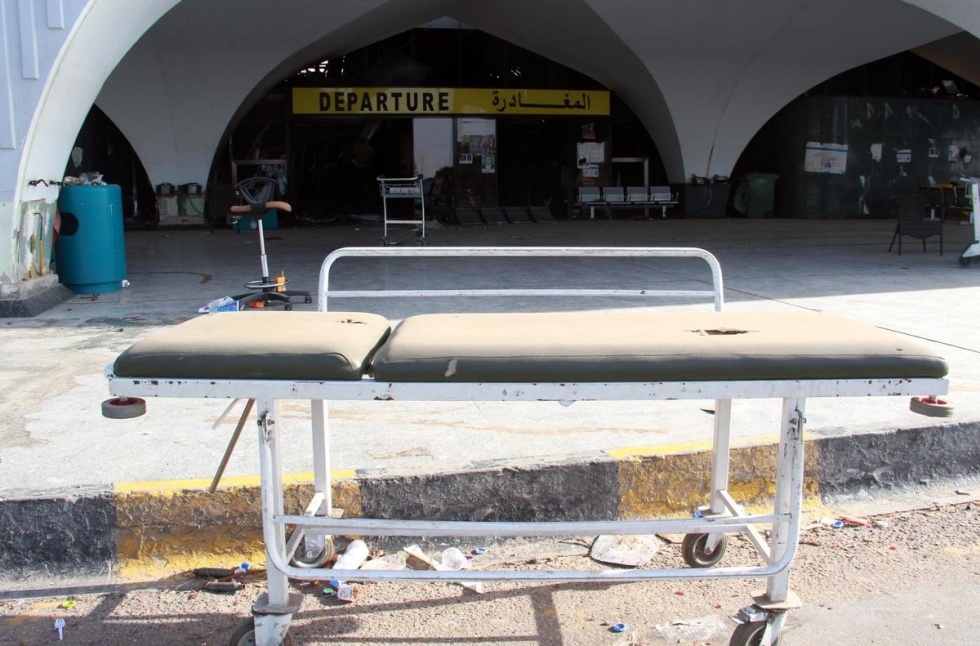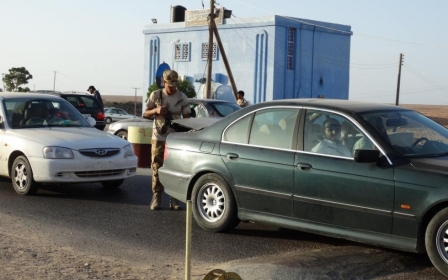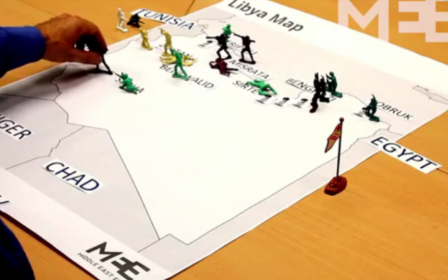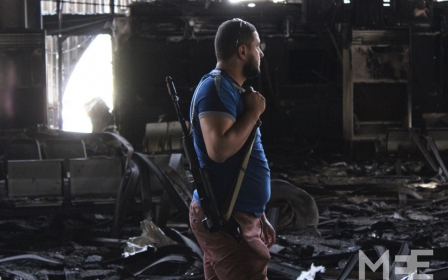UN Security Council resolves to combat instability in Libya 'by all means'

The United Nations Security Council has published a strong resolution on Libya, after meeting with Libyan officials on Wednesday.
During the meeting Ibrahim al-Dabbashi, Libya’s deputy permanent representative to the UN, told the council that Libya is “on the verge of full-fledged civil war.”
Complaining of the deterioration of freedom of expression in the country, Dabbashi stressed the importance of having a “neutral peacekeeping force from Arab Muslim nations” in Libya.
The agreed Security Council resolution contains a number of clauses aimed at returning “stability” to Libya, and combating “by all means…threats to international peace and security.”
It threatens the use of “targeted sanctions…against those individuals and entities who threaten [Libya’s] stability.”
According to the resolution, measures will be taken against anyone found to be involved in attacks against Libyan state institutions and land, sea and air ports in the country.
The resolution also expresses “deep concern” at the proliferation of arms and ammunition in Libya, and warns of the possibility of them being transferred to “terrorist and violent extremist groups.”
The Security Council advised states neighbouring Libya to inspect “all cargo to and from” the country.
The UN’s newly-appointed envoy to Libya, Bernardino Leon, had said on Tuesday that he is strongly opposed to foreign intervention in the country.
“Foreign intervention whatsoever - because there are many types of intervention - any kind of intervention or foreign intervention won’t help Libya get out of chaos,” Leon said.
Hanan Salah, a representative of the rights monitor Human Rights Watch, called for “quick implementation” of the Security Council’s resolution, particularly the clause relating to sanctions against those who plan, direct or commit violations of international law.
Middle East Eye propose une couverture et une analyse indépendantes et incomparables du Moyen-Orient, de l’Afrique du Nord et d’autres régions du monde. Pour en savoir plus sur la reprise de ce contenu et les frais qui s’appliquent, veuillez remplir ce formulaire [en anglais]. Pour en savoir plus sur MEE, cliquez ici [en anglais].




